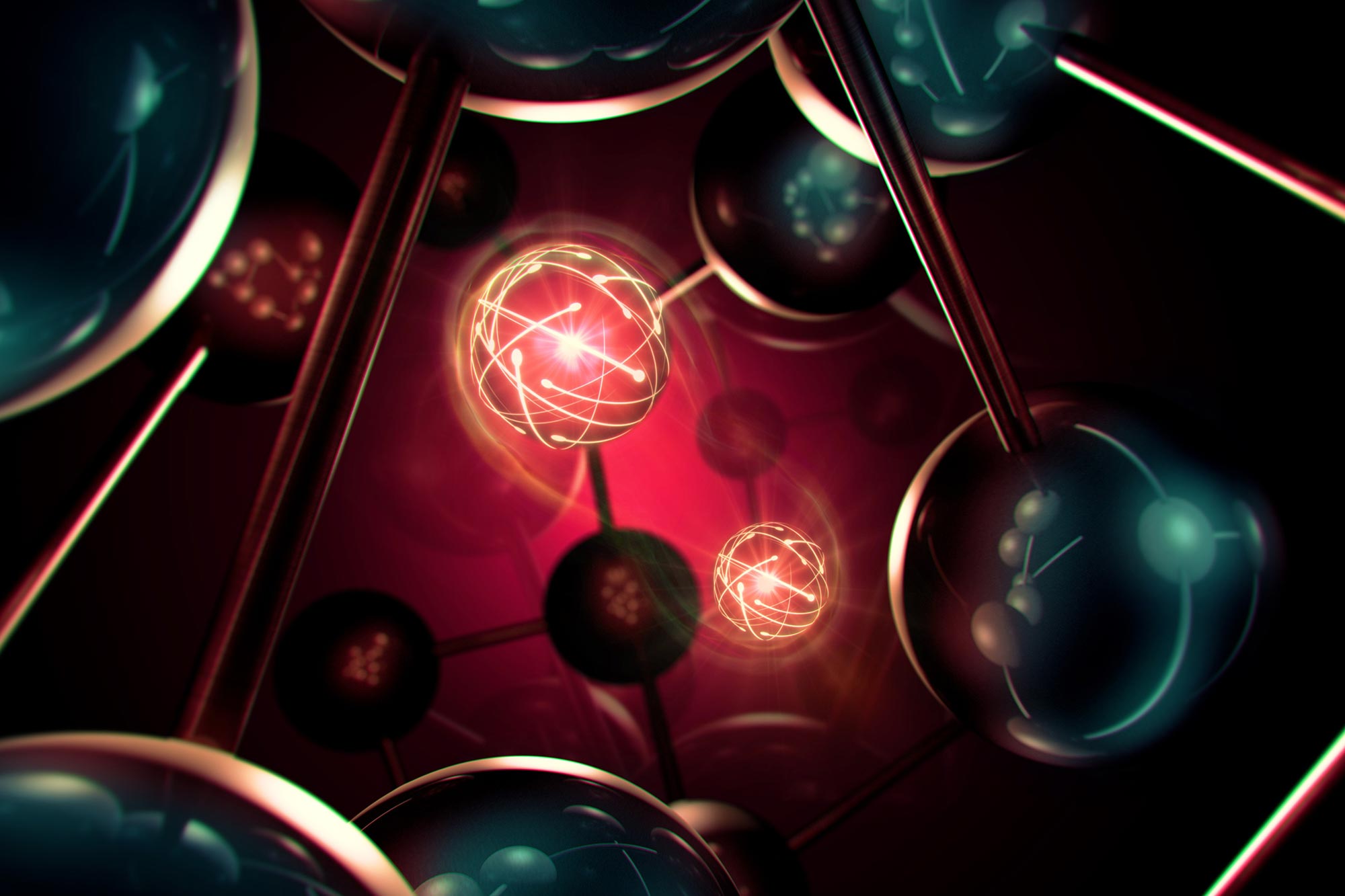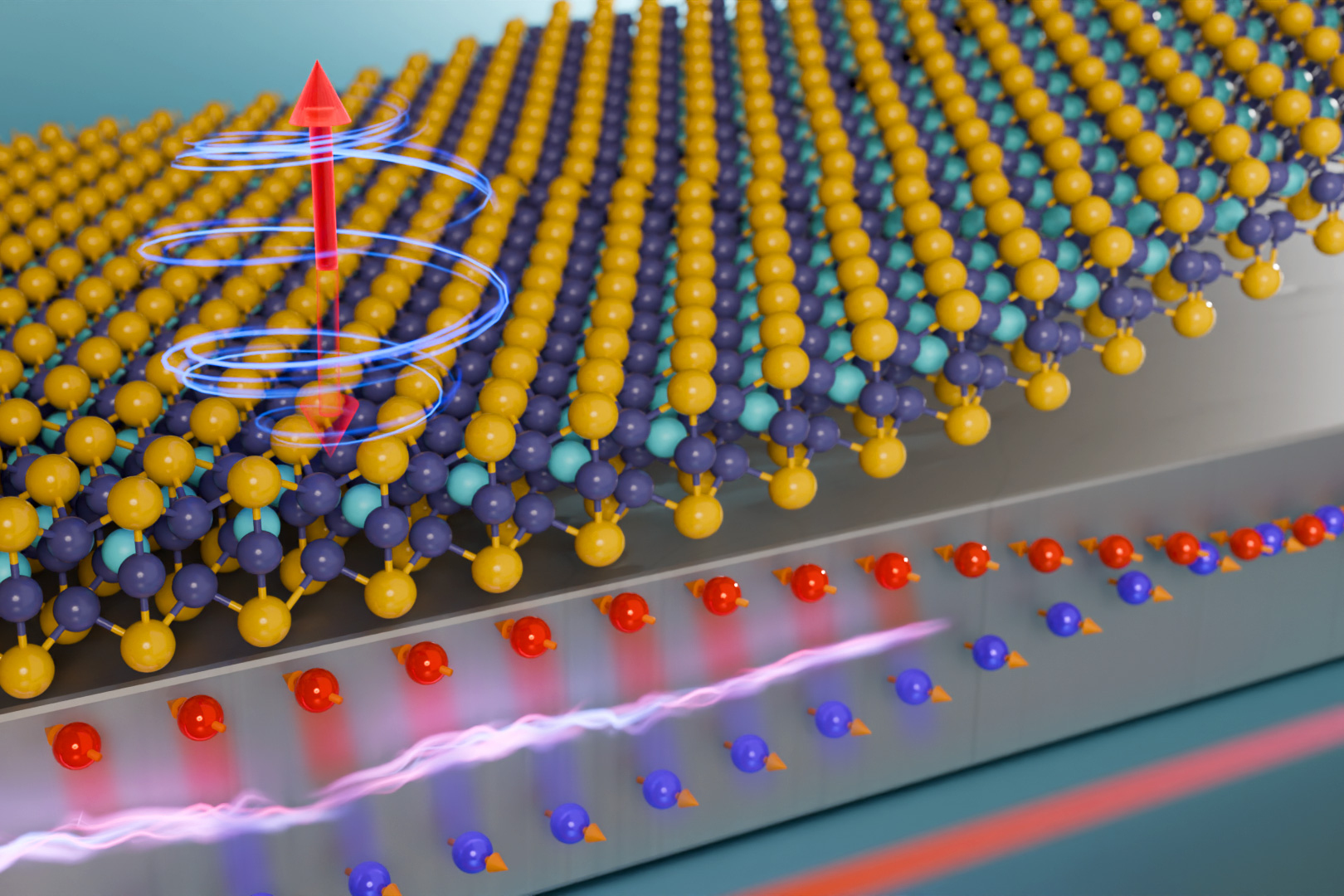Get the latest tech news
Corkscrew polarized infrared laser light induces magnetism in strontium titanate at room temperature
<strong>The potential of quantum technology is huge but is today largely limited to the extremely cold environments of laboratories. Now, researchers at Stockholm University, at the Nordic Institute for Theoretical Physics and at the Ca’ Foscari University of Venice have succeeded in demonstrating for the very first time how laser light can induce quantum behavior at room temperature </strong><strong>–</strong><strong> </strong><strong>and make non-magnetic materials magnetic. The breakthrough is expected to pave the way for faster and more energy-efficient computers, information transfer and data storage. </strong>
Of particular interest for researchers in the field are the peculiar and bizarre properties of quantum particles – which deviate completely from the laws of classical physics and can make materials magnetic or superconducting. In the study, published in Nature, the researchers subjected the quantum material strontium titanate to short but intense laser beams of a peculiar wavelength and polarization, to induced magnetism. In fact, the results of the team have already been reproduced in several other labs, and a publication in the same issue of Nature demonstrates that this approach can be used to write, and hence store, magnetic information.
Or read this on r/tech

